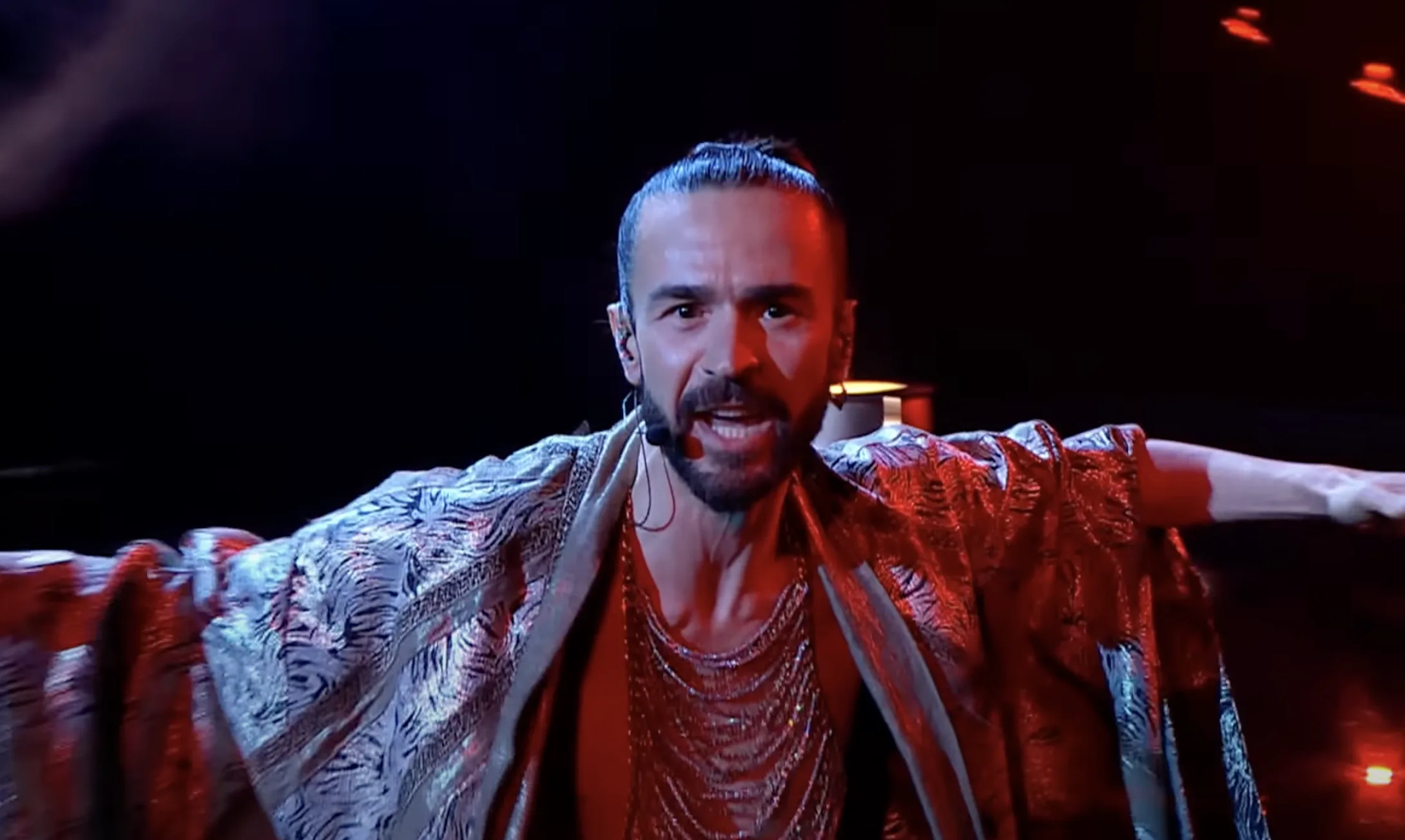This time, Georgia’s government looks set to push through controversial legislation that would oblige certain nongovernmental groups and media outlets to register as “organisations serving the interests of a foreign power”.
The legislation, officially the Law on Transparency of Foreign Influence, is nearly identical to a draft law the Georgian parliament tried to adopt in 2023 but withdrew following mass protests. In the new version, the ruling party, Georgian Dream, substituted the term “agents of foreign influence” with “organisations serving the interests of a foreign power”.
For the past month, Georgians have again been protesting—in far greater numbers than 2023. The government’s response has at times bordered on the brutal, suggesting that it has no intention of backing down once again.
There have been multiple cases of unjustified police use of violence to disperse protests. On May 9, Ucha Abashidze, a popular blogger, was arrested at his home in Tbilisi. Many others were pulled off the streets and arrested—seemingly at random—by police deploying tactics that resembled those used by the authorities in Belarus against protesters demonstrating against a rigged presidential election in 2020. The bill meanwhile has passed two readings and is scheduled for its final adoption the week of May 13.
“Georgian parliamentarians and government officials formally defend the bill as providing transparency, but they make no secret of its intended purpose,” says Hugh Williamson, Europe and Central Asia director at Human Rights Watch. “By labeling independent groups and media as serving foreign interests, they intend to marginalise and stifle critical voices in the country that are fundamental for any functioning democracy.”
Human Rights Watch has called on Georgia’s parliament to reject the bill at its final reading. “The government should ensure respect for fundamental rights to freedom of assembly and expression and effective investigations of all allegations of excessive use of police force,” the organisation says.
If adopted, the bill will impose additional onerous, duplicative reporting requirements, inspections, and administrative liability, including fines of the equivalent of up to 9,300 US dollars for violations. Georgia’s president, Salome Zourabichvili, once supported by Georgian Dream but long since in open opposition to the government, has vowed to veto it. On May 9, during Europe Day celebrations, she took to a stage in Tbilisi alongside many EU ambassadors to Georgia in a very public show of support for Georgia’s European path.
The bill, and the government’s response to the protests against it, have also prompted harsh criticism from many of Georgia’s bilateral and international partners. European Commission President Ursula von der Leyen has warned that Georgia is at a crossroads.
“The Georgian people want a European future for their country. It should stay the course on the road to Europe,” she said last month. Georgia was made an official EU candidate country in December 2023. Opinion polls regularly put support for both EU and NATO membership at above 70 per cent.
Joseph Borrell, the European Union’s foreign policy chief, and Olivér Várhelyi, its commissioner for EU enlargement, have jointly urged authorities to withdraw the bill, which if adopted, they said would “negatively impact” Georgia’s EU candidacy.
NGOs ‘plotting to overthrow the government’
The bill requires nongovernmental groups and print, online, and broadcast media that receive 20 per cent or more of their annual revenue—either financial support or in-kind contributions—from a “foreign power” to register with the Ministry of Justice as “organisations serving the interest of a foreign power”.
The bill’s initiators and the ruling party leaders have made clear in public statements that they intend the law to be used against groups and media that criticise the government, advocate for lesbian, gay, bisexual, and transgender (LGBT+) rights, or engage in other work that irritates the authorities. On May 8, Georgian Dream officials announced that they had begun to draw up a list of those considered to be Georgia’s foreign-funded enemies.
Prime Minister Irakli Kobakhidze has justified the need for the bill by pointing to initiatives that criticise the authorities or challenge government policies, claiming that some civic groups tried to “organise a revolution” in 2020 and 2022, “engage in LGBT+ propaganda,” and “discredit the police, judiciary, and the Georgian Orthodox Church”.
According to Human Rights Watch, the bill’s supporters also falsely allege that the bill is similar to the United States Foreign Agent Registration Act. But the US law does not equate receiving foreign funding, in part or in whole, with being under the direction and control of a foreign principal. It primarily regulates lobbyists and does not serve as a mechanism for weakening civil society organisations and media. Russia also uses this false equivalence argument to justify its draconian and abusive legislation.
Its many opponents within Georgia have dubbed it ‘the Russian law’ given its similarity to legislation in Georgia’s northern neighbour, which continues occupy some 20 per cent of Georgian territory. Many fear that the law is a further step towards realigning Georgian foreign policy with Moscow.
Bidzina Ivanishvili, a former Georgian prime minister, the founder of Georgian Dream and the country’s richest person (who allegedly made the bulk of his fortune in Russia in the 1990s), earlier this month defended the law by claiming that the West as an “external adversary” of Georgia and that Georgia’s civil society was an “internal enemy”.
“[Western powers and NGOs] are plotting to overthrow the government and want to turn Georgia into a second front [with Russia],” he said.
Ivanishvili also made a distinct point in his speech of differentiating himself from Viktor Yanukovych, Ukraine’s former pro-Russian president, notes Eto Buziashvili a research associate focusing on Eastern Europe and Russia at the Atlantic Council’s Digital Forensic Research Lab. He issued a stern warning against any attempts to challenge him in the same manner as Ukrainians did with Yanukovych, when protesters successfully defended their European aspirations and ousted a pro-Russian government.
The threat to foreign investment
The bill also threatens foreign investment in the country. Last week, Odile Renaud-Basso, the president of the European Bank for Reconstruction and Development (EBRD)—one of Georgia’s key investors—warned that the bill could have an economic impact on private-sector willingness to invest in the country.
“Clients have expressed some concerns around developments,” she said, adding that the bank is monitoring the situation closely.
The EBRD’s regional director for the Caucasus, Alkis Vryenios Drakinos, has also said that the law is a potential threat to the bank’s private-sector investment activities in the country.
“If investors, the private sector, [have] doubts, they may react by postponing or taking a second thought in their investments, which would influence our ability to operate in the country because we are demand-driven,” he said.
The American Chamber of Commerce in Georgia, the country’s largest international business association, issued a similar statement last month.
“We are concerned that the law will damage foreign support-programmes and the civil society organisations that work with them, will undermine Georgia’s EU membership aspirations and will damage the country’s reputation and investment environment more generally,” it said.
“This law stigmatizes foreigners and, as a result, can only harm Georgia’s ability to attract foreign investment. Foreign investment and the expertise that have come with it has been a cornerstone of Georgia’s economic development, and this law puts that at risk.”
For now at least, the Georgian authorities appear not to care.
Photo by Neil Sengupta on Unsplash.







